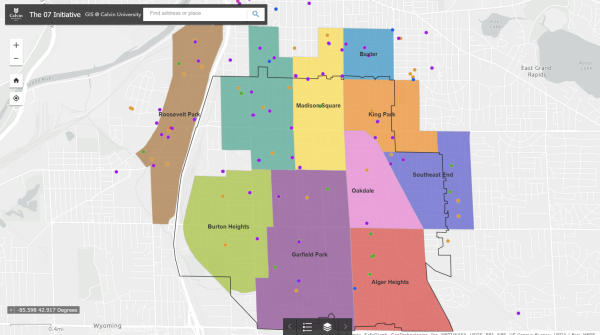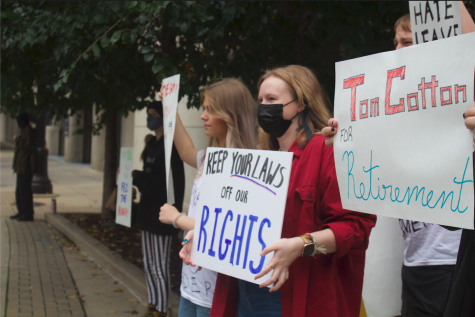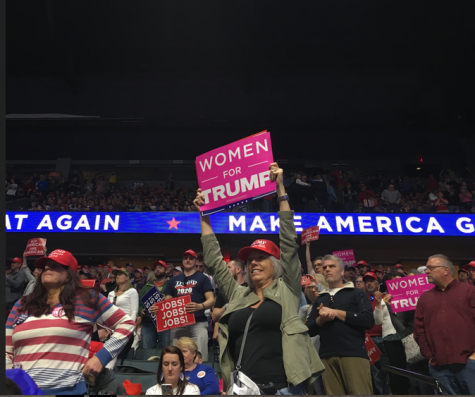Grand Rapids implements marijuana decriminalization
Nearly six months after Grand Rapids voters approved a measure to amend the city charter to make marijuana a civil infraction rather than a misdemeanor, the city has finally implemented the amendment.
Delays in the implementation of the policy were due to a lawsuit filed by the Kent County Prosecutor Bill Forsyth, which left the city unsure whether or not the amendment, which passed with 58 percent support (an overwhelming majority in cases such as this), would be considered constitutional.
The judge in the case, Kent County Circuit Judge Paul Sullivan, authorized the city to begin implementation in January, but the decision on the legality of the amendment was still up in the air, so many city officials chose to wait until a hearing on April 24.
At that hearing, Sullivan indicated clearly that he would decide that the law was legal, although his official opinion has not been written yet — he expects it to be finished sometime in the next few weeks.
City Manager Greg Sundstrom issued an executive order Tuesday that would require police to issue only civil infractions for possession of marijuana, but he attached a variety of provisions to the order. Possession of quantities greater than 2.5 ounces would be referred to Kent County to be prosecuted under state law, as well as cases involving manufacture of marijuana and possession with intent to deliver.
These provisions are in accord with Sundstrom’s opinion: “We want to support the voters, although we do think there needs to be a line.”
City Attorney Catherine Mish agreed. “The real question is how do we best apply the city charter amendment. This was the city administrator’s best first attempt for outlining procedures from the police department.”
Jack Hoffman, an attorney for Decriminalize GR, the group that pushed for the city charter amendment, called the order a “pilot program.”
“We can discuss good points, bad points, how it’s working, how it’s not. Are the guidelines perfect? Will they need some tweaking or modification in the future?” Hoffman said.
Sundstrom noted that he would be open to working with Decriminalize GR on modifying the specific procedures for implementing the law, although he also suggested that it could become a matter for the courts.
“There is a conflict in our charter with this new amendment, so we’re seeking clarity. I’m not sure if the judge will provide that now or not. That’s what we were hoping for and if it doesn’t happen in this ruling, it will happen at some future time.”
Sullivan, however, has made it clear that he doesn’t plan on being involved in the city’s implementation procedures or approving the provisions instituted by the city, even though the city had asked him to comment on the provisions.
Decriminalize GR has criticized the city’s handling of the case, suggesting that the city is diminishing the voice of voters.
“It is beyond dispute that a reasonable voter reading this question would conclude that, if the ballot question passed, GRPD officers would be prohibited from reporting possession, control, use or gift of marijuana to any authority other than the city attorney,” Decriminalize GR stated in a brief released March 29.
Part of the city’s reluctance is likely due to pressure from police. Police chief Kevin Belk opposed the original ballot proposal, and the president of the Grand Rapids Police Officers Association, Greg Hilary, has suggested that police officers are worried about potential confusion or conflict as a result of the proposal.
“Just like the medical marijuana law, this charter opens up a litany of problems for law enforcement. We’ve taken an oath to uphold state and federal law. Police officers recognize that they work for the people of Grand Rapids. It’s a no-win situation.”
In the end, he concludes, “there’s going to have to be some clarity and some common sense.”







